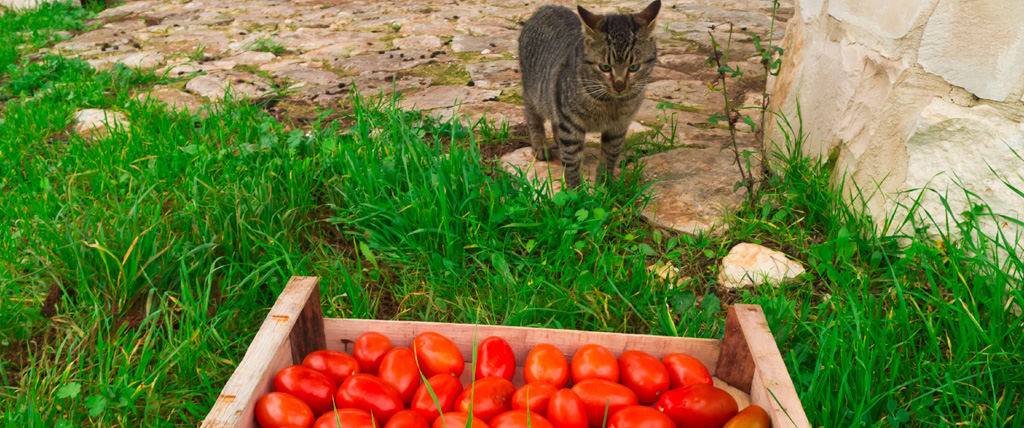What You Need To Know About Tomato Toxicity And Symptoms In Your Pets
Garden shops were packed over the Memorial Day holiday weekend, full of homeowners gearing up for gardening season. Prissy and Portia were happy to sit their furry butts on the patio sofa and watch my husband and I plant our mosquito repellant planters and till up our garden soil getting it ready for peppers, snap peas, green beans, carrot, kale, mint, a montage of herbs and, of course, those wonderful juicy red tomatos!
Last year we wrote a Pet Safe Gardening Tips blog all about selecting non-toxic plants and mulch in order to keep your pets safe. However, one thing many pet parents probably don’t realize is the toxicity of things in the vegetable garden, the one we will focus on in this article: tomatoes!
There are all kinds of tomato seedlings and seeds just waiting to be planted: heirloom, cherry, early girl, big boy, roma, black krim… the list goes on and on and on. And lets face it, what vegetable garden doesn’t have at least a couple tomato plants? They are easy to grow and become delicious juicy red globes when ripe. But what if your pets get into those vines before they are mature and ready to be diced up into your summer salads?
According to the Pet Poison Help Line, The tomato plant is part of the Solanaceae or nightshade family. This plant family contains more than 3,000 species with the most common cultivars in our area being tomatoes, peppers, potatoes, eggplants, ground cherries and tomatillos. The plants in this family are considered toxic and immature fruit that has not yet ripened contain the highest concentrations of the toxins and should be avoided. Ripe fruit are typically non-toxic.
So, what happens if your pet raids your garden before harvesting time?
According to the Pet Poison Helpline, in most cases, with a small ingestion, we can see gastro-intestinal irritation. Larger ingestions can be more serious and in addition to vomiting and diarrhea, we can see dilated pupils, depression and increases in heart-rate.
With any vegetable garden or garden, in general, prevention is best. Know where your pets are and keep your pets out of the garden. Put up a fence to ensure they wait until veggies are ready to eat. If you believe your pet has ingested anything toxic in your garden, contact your vet or The Pet Poison Helpline to determine the best course of action.
Do you live in the chicagoland area and are looking for a pet care specialist? Get in touch with our team today:
Other Recent Blog POsts
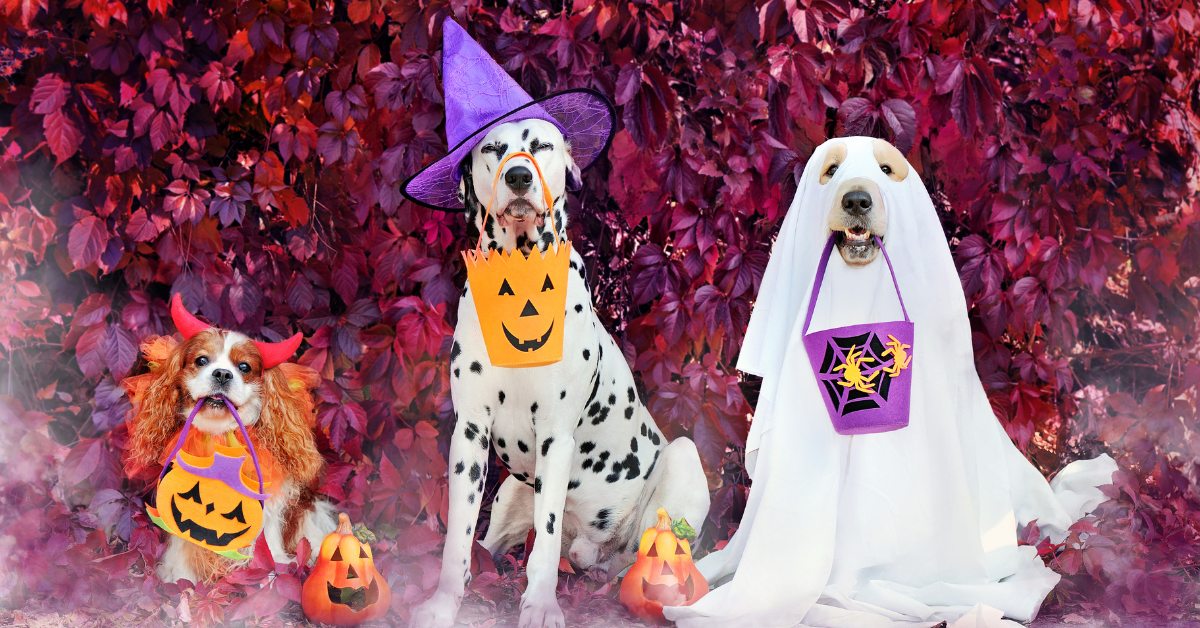
Pet-Friendly Halloween in Chicago 2024
October 22, 2024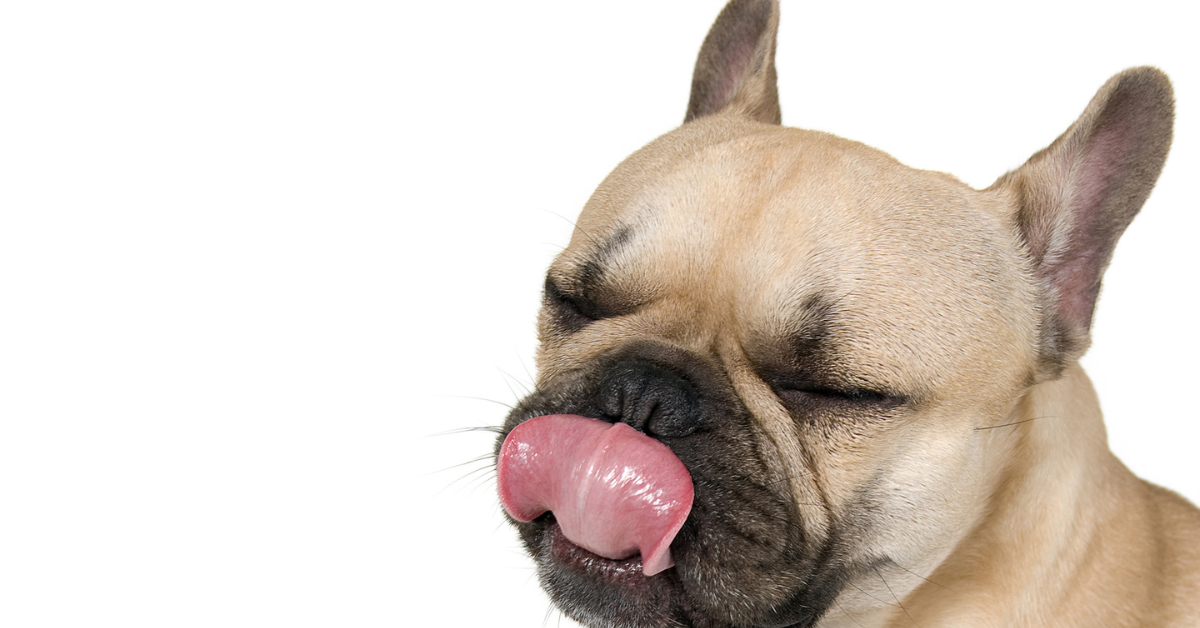
Protecting Dogs from Theft in Chicago
October 16, 2024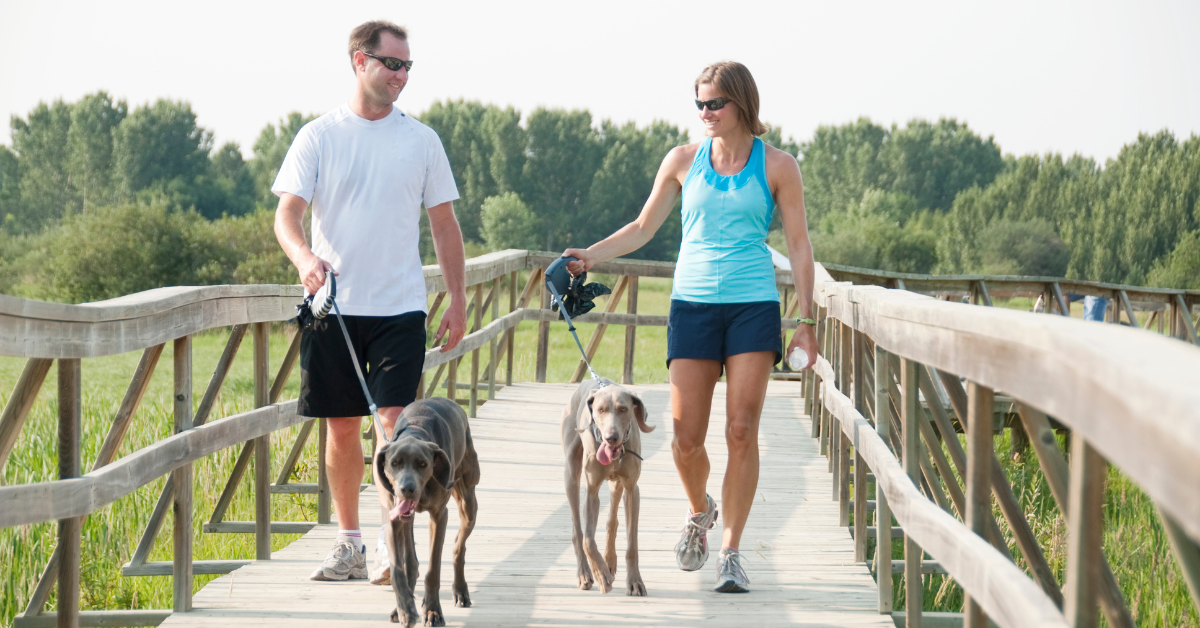
Pet Obesity Awareness Week: Keeping Chicago Pets Healthy
October 9, 2024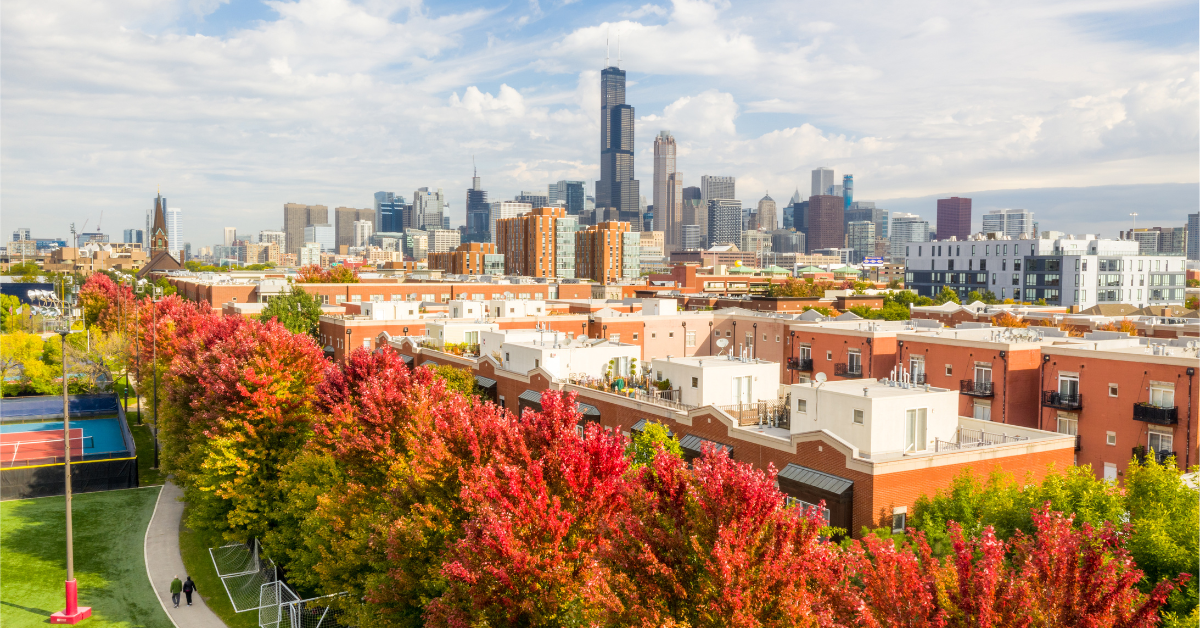
Pet-Friendly Fall Events in Chicago 2024
October 2, 2024
National Walk Your Dog Week is Coming!
September 25, 2024
